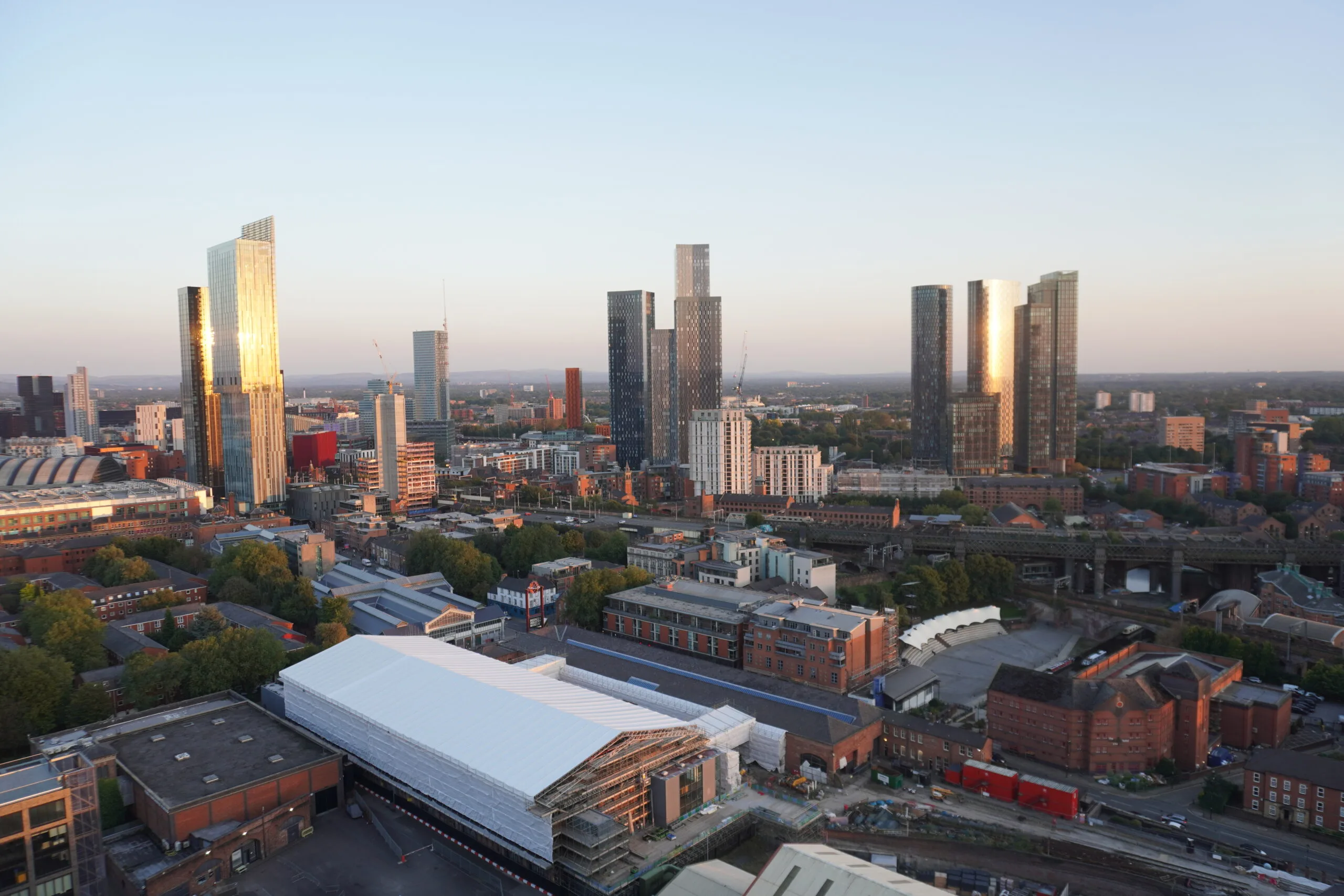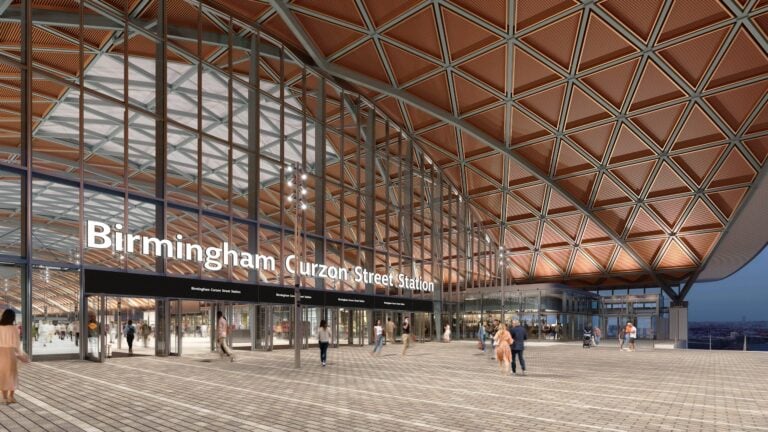With regional city centres predicted to buck house price trends over the coming years, the Birmingham housing market stands out as a promising investment location.
The West Midlands city of Birmingham has seen some big changes of late, with huge levels of investment and redevelopment spurred on by the Commonwealth Games, the promise of HS2 and the city’s rising status as the country’s ‘second city’ after London.
While London’s property market has struggled the most in recent years in terms of house price growth, Birmingham’s housing sector has been thriving. And the latest predictions point towards more of the same over the next five years.
Wider house price predictions point towards a slight fall – which many mark as a correction after unprecedented growth over the past two years – honing in on individual cities in particular paints a very different and decidedly more optimistic picture.
Birmingham housing sector will outperform
According to the latest Q4 2022 house price forecast from JLL, Birmingham’s housing market is set to see house price growth of a cumulative 19.2% between 2023 and 2027. This far exceeds the expected UK average of 8.9% over the five-year period.
While much of the market is expected to dip in 2023 in terms of house prices, Birmingham’s housing sector is still set to grow next year, albeit by just 1%. This will be followed by 2% in 2024, 4% in 2025, 4.5% in 2026 and 6.5% in 2027, says JLL.
This equates to average house price growth of 3.6% per year over the next five years, which is matched only by Manchester – which is also expected to see slightly higher cumulative house price growth 0f 19.3%.
Demand across the Birmingham housing market from both owner-occupiers and property investors – off the back of heightened appetite among tenants – is continuing to climb, which is boosting the property market there. There remains a shortage of properties to meet this demand.
What about the rental market?
For property investors and landlords considering the Birmingham housing sector, the city’s rental market is also forecast to grow over the next five years, according to JLL.
Again second only to Manchester, which is due to see rental prices rise by a cumulative 4% between 2023 and 2027, Birmingham’s rental sector is predicted to see prices grow by 3.6%.
In a reversal of the house price predictions, the pattern in the rental market is one of a slight slowdown in growth over the coming years, based on a range of factors including the new housing pipeline and an expected improvement in the ability of renters to get onto the housing ladder.
This breaks down as 5% growth in 2023, 4% in 2024, 3.5% in 2025, 3% in 2026 and 2.5% in 2027. So landlords can still expect extremely healthy returns if they remain in the market in the coming years through rental income, as well as through capital appreciation.
Jobs boosting housing need
Employment prospects in Birmingham have surged in recent years as more and more small, medium and large companies have relocated or opened offices there, which has also boosted demand on the Birmingham housing market.
Birmingham was recently named as the top city in England for job opportunities in the financial sector, after London. According to a report by UK trading company CMC Markets, employment prospects in the city have been soaring in recent years, attracting increasing numbers of graduates.
The study found that Birmingham is home to 265 financial institutions. While all of the bases currently are small or mid-sized, with no more than around 250 people per office, this is set to change with the arrival of the new Goldman Sachs office – and many more.
Nearby in Solihull – another area that is currently the target of some major regeneration thanks to the planned HS2 station there – there is also a high proportion of banking companies and jobs there in comparison to the local population; a further sign of levelling up.










